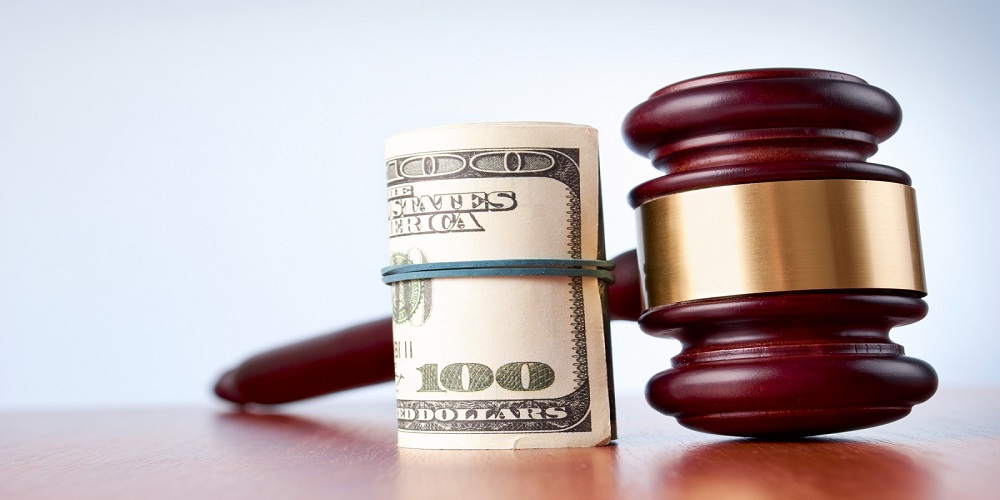Academic integrity is a fundamental aspect of the education system in Canada and around the world. It is the foundation upon which learning and personal growth are built.
However, academic misconduct, such as cheating, plagiarism, and exam fraud, can have severe consequences for students.
In this article, we will explore the ramifications of academic misconduct, ways to prevent it, and why seeking guidance from top criminal lawyers is essential in such cases.
The Consequences of Academic Misconduct
Academic misconduct not only tarnishes the reputation of the educational institution but also impacts the individuals involved.
Here are some of the significant consequences:
1. Academic Penalties
Students who engage in academic misconduct often face penalties such as failing grades, course expulsion, or even academic suspension.
2. Career Implications
A history of academic misconduct can hinder future educational and professional opportunities. Many employers and educational institutions check for such incidents.
3. Ethical Concerns
Engaging in academic misconduct can have long-term effects on one’s moral and ethical development. It undermines the principles of honesty and integrity.
4. Legal Consequences
In some cases, academic misconduct may lead to legal repercussions, which is why seeking legal advice from top criminal lawyers becomes crucial.
Preventing Academic Misconduct
Preventing academic misconduct should be a collective effort that involves educators, students, and institutions.
Here are some strategies to foster a culture of academic integrity:
1. Educational Initiatives
Institutions should provide comprehensive educational programs that inform students about what constitutes academic misconduct and why it is wrong. Workshops and seminars can help raise awareness.
2. Clear Guidelines
Clearly define the rules and expectations for academic work, including what constitutes plagiarism and cheating. Make these guidelines easily accessible to all students.
3. Encourage Originality
Encourage students to develop their critical thinking and research skills, promoting original work and creative problem-solving.
4. Use Technology
Employ plagiarism detection software to identify instances of copied content. Such tools act as a deterrent for students considering academic misconduct.
Seeking Legal Advice
When academic misconduct escalates to a level where legal action is being considered, it is essential to consult with top criminal lawyers who specialize in this area.
These legal experts can provide guidance and representation in cases where students are facing severe consequences.
Why Seek Legal Advice?
Protection of Rights:
Top criminal lawyers can ensure that your rights are protected throughout the process, including during disciplinary proceedings.
Negotiation and Advocacy:
Legal professionals can negotiate on your behalf and advocate for fair treatment, potentially reducing the severity of academic penalties.
Minimizing Long-Term Consequences:
By seeking legal advice early, you can work to minimize the long-term impact on your educational and professional opportunities.
Conclusion
Academic misconduct has far-reaching consequences that affect both students and educational institutions.
By fostering a culture of academic integrity and educating students about the importance of honest work, we can mitigate the occurrence of misconduct.
However, when academic misconduct leads to legal action, it is crucial to seek guidance from top criminal lawyers who specialize in this area.
If you are facing legal issues related to academic misconduct, do not hesitate to reach out to our team of expert lawyers who can provide you with the legal support you need.
Protect your rights and future opportunities by seeking professional legal counsel today. Your academic and professional future may depend on it.


